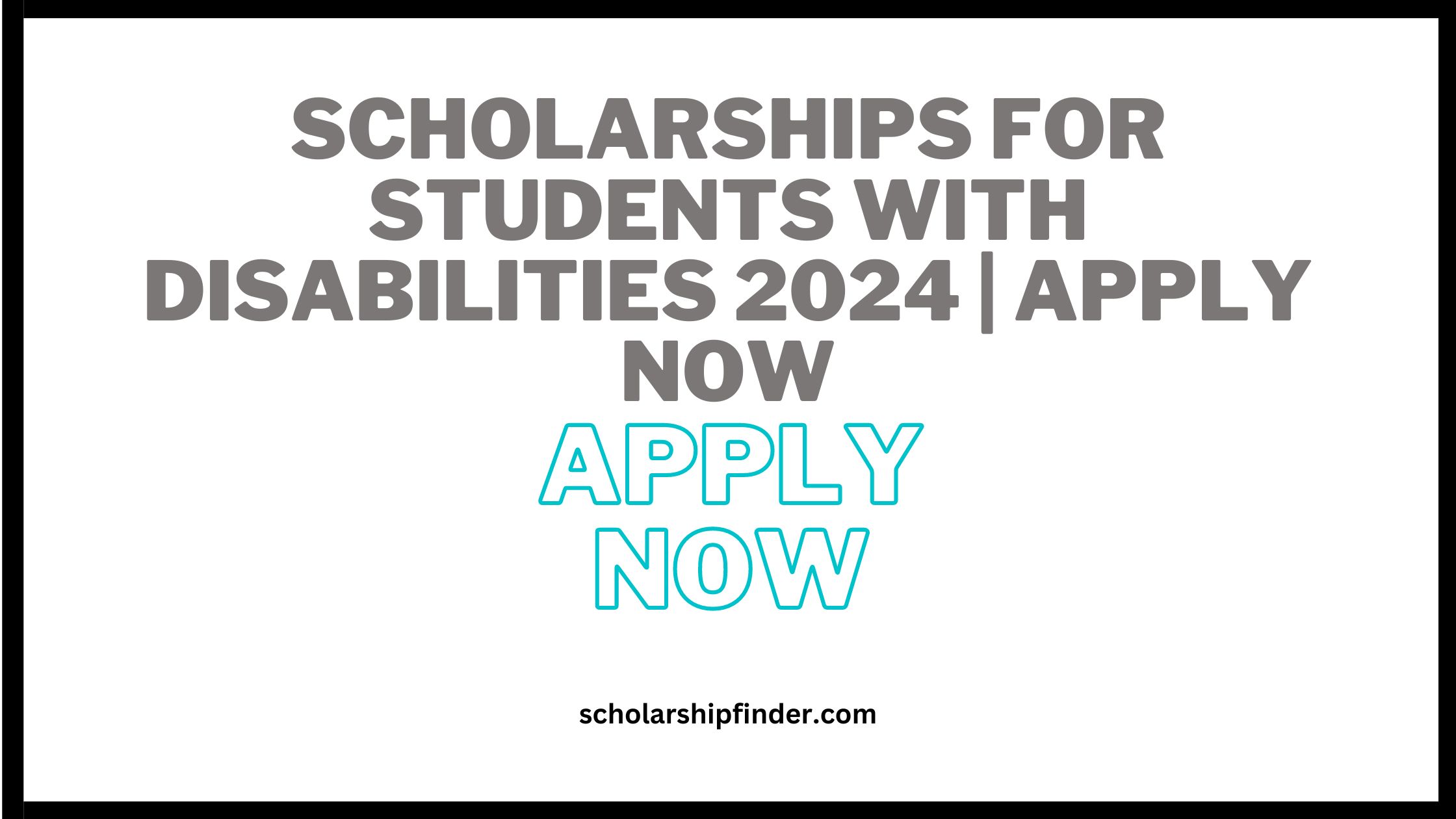Leveling the Playing Field: A Guide to Scholarships for Students with Disabilities
College is a dream for many, but the financial burden can feel like an obstacle, especially for students with disabilities. Thankfully, there are a number of scholarships to fill this gap and empower people with disabilities to achieve their educational goals. This comprehensive guide unpacks everything you need to know about scholarships for students with disabilities, helping you navigate the application process and discover the best financial fit.
Why Scholarships are Important for Students with Disabilities
The journey to a college degree can be unique for students with disabilities. Additional costs for assistive services, assistive technology, or special accommodations may add up. Scholarships offer significant financial support, allowing students to focus on their studies and achieve academic success. Here is how the scholarship benefits these students:
Reduced financial stress: Scholarships reduce students’ reliance on student loans, reducing the burden of debt after graduation. This allows students to invest more in their education and prioritize their well-being.
Increased Access: Scholarships open doors to colleges that might otherwise be financially out of reach. They pave the way for pursuing higher education and pursuing career aspirations.
Recognition and encouragement: Scholarships recognize a student’s dedication and perseverance in the face of challenges. This recognition can be a powerful motivator to continue their educational journey.
Types of Scholarships for Disabled Students
A diverse range of scholarships are available, catering for different disabilities and educational attainment. Here are some common types to explore:
- Disability-Specific Scholarships: Some scholarships are reserved for students with specific disabilities, such as learning disabilities, visual impairments, or physical disabilities. These scholarships often consider the unique needs of the student population they support.
- Need-Based Scholarships: Students may be required to submit documentation to demonstrate their financial hardship.
- Merit Scholarships: These scholarships recognize academic achievement, community service, leadership qualities, or specific talents.
- Field of Study Scholarships: Scholarships may be directed toward specific fields of study, such as education, social work, or technology fields with a focus on accessibility.
- Organizational Scholarships: Professional organizations, advocacy groups, and disability-focused nonprofits may offer scholarships for students with disabilities related to their mission.
Where to get scholarships for students with disabilities.
The wide array of scholarship opportunities can feel overwhelming. Here are some starting points to streamline your search:
Disability Services Offices at Colleges: These offices maintain scholarship databases and offer guidance on finding scholarships that match your needs.
Federal Government Websites: The Department of Education website offers a scholarship search tool (https://studentaid.gov/) that allows you to filter by disability status.
Scholarship Websites: Several websites specialize in scholarships for students with disabilities. Explore options like Scholarships.com (https://www.scholarships.com/), Fastweb (https://www.fastweb.com/), and CollegeBoard
Disability organizations: Organizations such as the American Association of Persons with Disabilities (AAPD) (https://www.aapd.com/), the National Disability Rights Network (NDRN) (https://www.ndrn.org/), And groups focused on specific disabilities often maintain scholarship resources and lists.
Remember, you are not alone! There are many support networks that help students with disabilities navigate the college scholarship landscape.
Tips for Applying for Scholarships for Students with Disabilities
Achieving a scholarship takes planning and effort.
Get started early: don’t wait until the deadline is over! Start researching and compiling application materials in advance.
Read the application instructions carefully: Each scholarship has specific requirements. Pay close attention to deadlines, eligibility criteria, and submission instructions.
Highlight your achievements: Highlight your academic achievements, relevant work experience, and community involvement, your resilience and tenacity.
Craft a great essay: Essays often play an important role in the selection process. Write a focused and heartfelt essay that reflects your disability, your goals, and how receiving a scholarship will advance your educational journey.
Disclosure Considerations: Although transparency is important, disclosing your disability in scholarship applications is often optional.
